Overview
If you dream of working in the healthcare sector, helping patients with critical kidney-related conditions, then the Bachelor of Vocational in Dialysis Technology offered through University Vidya can be the right stepping stone for you. This program blends practical skills with theoretical knowledge, preparing students to work in hospitals, clinics, and dialysis centers with high professional competence.

Description
About the Bachelor of Vocational in Dialysis Technology Program
The B.Voc Dialysis Technology course is designed to train students in managing dialysis equipment, operating machines, and assisting in the treatment of patients suffering from kidney failure. Through University Vidya, learners gain both classroom-based learning and hands-on clinical exposure, making them industry-ready.
This course focuses on understanding human anatomy, physiology, renal diseases, and advanced dialysis techniques. Graduates are well-prepared to assist nephrologists and other healthcare professionals in delivering quality patient care.
Why Choose University Vidya for B.Voc in Dialysis Technology?
University Vidya stands out for providing well-structured courses that align with industry needs. By pursuing the B.Voc Dialysis Technology course here, you benefit from:
- Expert-led classes with experienced healthcare faculty
- Practical training sessions for real-world skill application
- Updated B.Voc Dialysis Technology syllabus as per industry requirements
- Guidance on career opportunities and professional growth
Admission Process:
The B.Voc Dialysis Technology admission process at University Vidya is simple and student-friendly. Interested candidates need to fulfill the eligibility criteria, submit the necessary academic documents, and complete the application procedure. Once selected, students can begin their journey toward becoming skilled dialysis technicians.
Eligibility Criteria:
The B.Voc Dialysis Technology eligibility criteria ensure that students have the basic knowledge and aptitude to excel in the program. Applicants generally need to have completed their higher secondary education (10+2) with Science subjects (preferably Biology) from a recognized board. A passion for healthcare and patient service is highly recommended.
Course Duration:
The B.Voc Dialysis Technology duration is typically three years, divided into six semesters. This time frame allows students to gradually move from foundational concepts to advanced dialysis technology training. The program includes both academic coursework and practical clinical experience.
Syllabus Overview:
The B.Voc Dialysis Technology syllabus is designed to provide a balance between theoretical knowledge and technical skills. Subjects covered during the course may include:
- Anatomy and Physiology
- Principles of Dialysis
- Renal Diseases and Disorders
- Dialysis Equipment Handling and Maintenance
- Patient Care in Dialysis Units
- Infection Control and Safety Measures
- Clinical Practicum and Internships
Through University Vidya, students receive training aligned with modern dialysis procedures and emerging technologies in healthcare.
Course Details:
The B.Voc Dialysis Technology course details highlight its skill-based approach. Apart from lectures and lab sessions, students engage in supervised practice in dialysis units, learning how to operate machines, monitor patients, and respond to emergencies. Emphasis is placed on ethical practice, communication skills, and teamwork in a healthcare environment.
B.Voc Dialysis Technology Scope and Career Opportunities
The B.Voc Dialysis Technology scope is vast, as the demand for trained dialysis professionals is increasing worldwide due to the rise in kidney-related health issues. After completing the program, graduates can work in:
- Hospitals and Specialty Clinics
- Dialysis Centers
- Nephrology Departments
- Home Dialysis Support Services
- Research and Development in Dialysis Equipment
With University Vidya, students not only gain the technical expertise needed for these roles but also the confidence to build a fulfilling career in patient care.
Advantages of Pursuing This Course with University Vidya
- Industry-Oriented Curriculum : Updated course content to match healthcare sector requirements.
- Hands-On Training : Direct exposure to clinical environments.
- Skilled Faculty : Learning from professionals with real-world dialysis experience.
- Career Guidance : Support in exploring diverse roles in the healthcare field.
The Bachelor of Vocational in Dialysis Technology program with University Vidya is more than just a qualification—it’s a gateway to a rewarding career in healthcare. With a strong emphasis on practical skills, ethical practices, and patient-centered care, this course prepares you to make a meaningful impact in people’s lives.
Program Fees for Bachelor of Vocation in Dialysis Technology
-
Starting At 50,000
-
Programm Fee 50,000
FAQ's
The B.Voc Dialysis Technology duration is generally three years, divided into six semesters.
It’s a specialized vocational degree that trains students in dialysis treatment procedures, patient care, and dialysis equipment management.
The B.Voc Dialysis Technology eligibility usually requires 10+2 with Science subjects, preferably Biology.
You can follow the B.Voc Dialysis Technology admission process by submitting the required academic details and completing the application steps provided by University Vidya
The B.Voc Dialysis Technology syllabus includes Anatomy, Physiology, Dialysis Principles, Renal Disorders, Equipment Handling, and Clinical Practice.
The B.Voc Dialysis Technology course details show a balanced mix of theory and practical training, ensuring students are ready for real-world scenarios.
Graduates can work as Dialysis Technicians, Clinical Assistants, or in equipment maintenance roles in hospitals and dialysis centers.
Yes, the B.Voc Dialysis Technology scope is promising, with growing demand for trained professionals in the healthcare sector.
Yes, University Vidya ensures that students gain hands-on experience through clinical training and internships.
Absolutely, graduates can further specialize in dialysis technology, nephrology, or other allied health sciences.









.webp)






.webp)





.webp)
.webp)










.webp)
.webp)





.webp)









.webp)











.webp)













.webp)























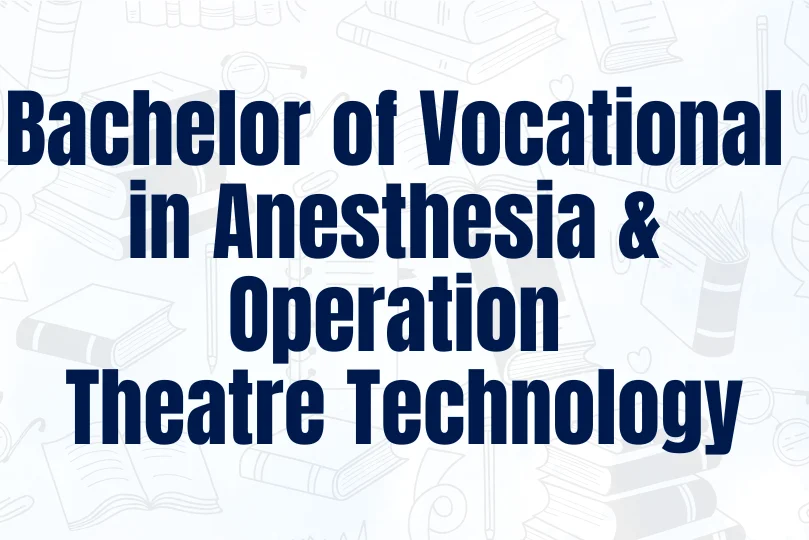










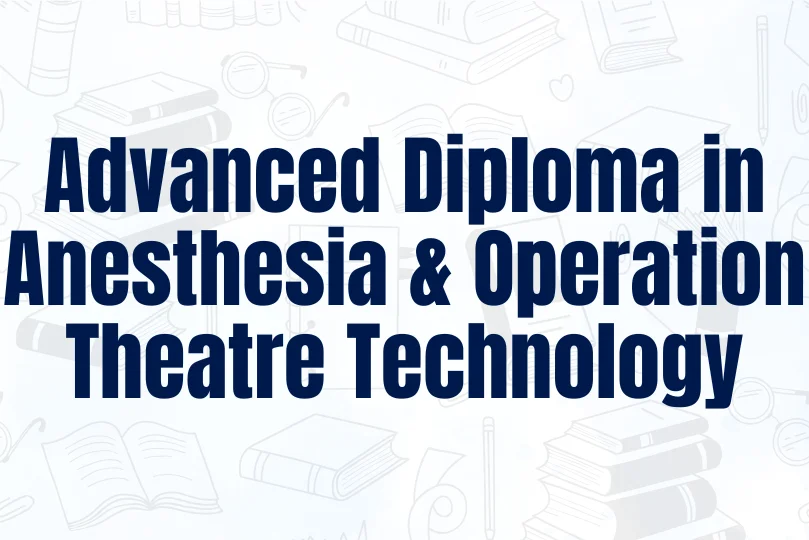

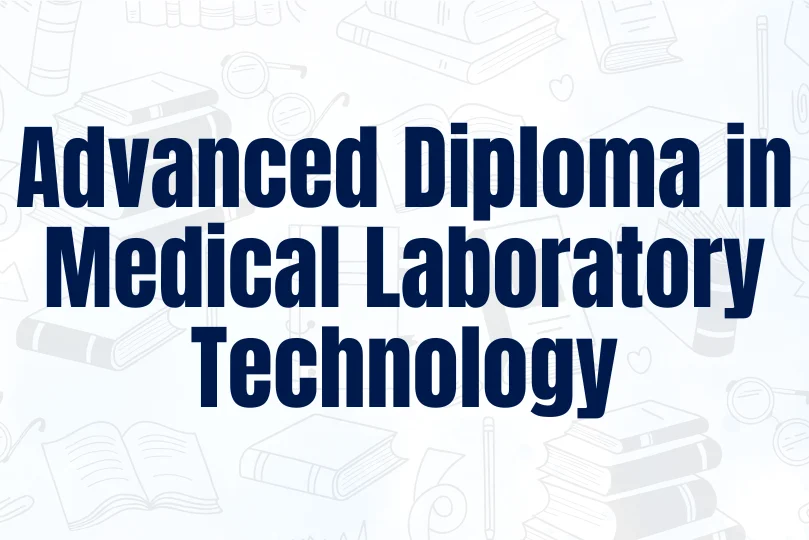













.webp)






























































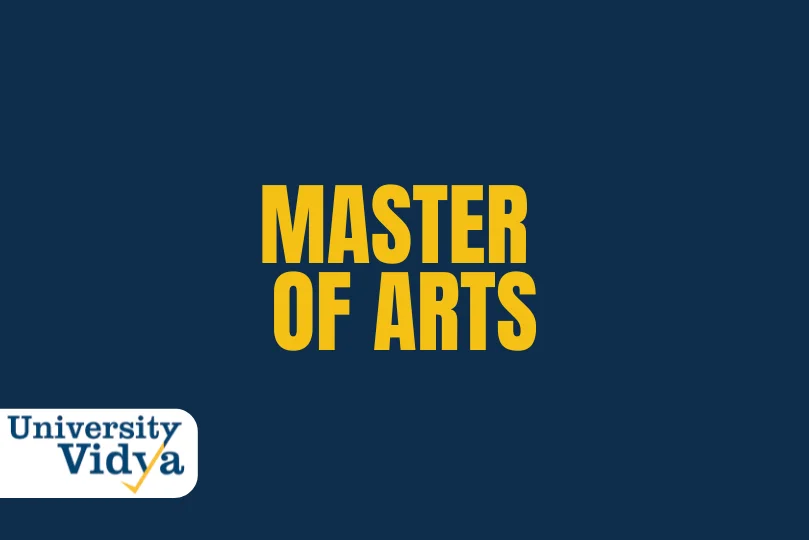

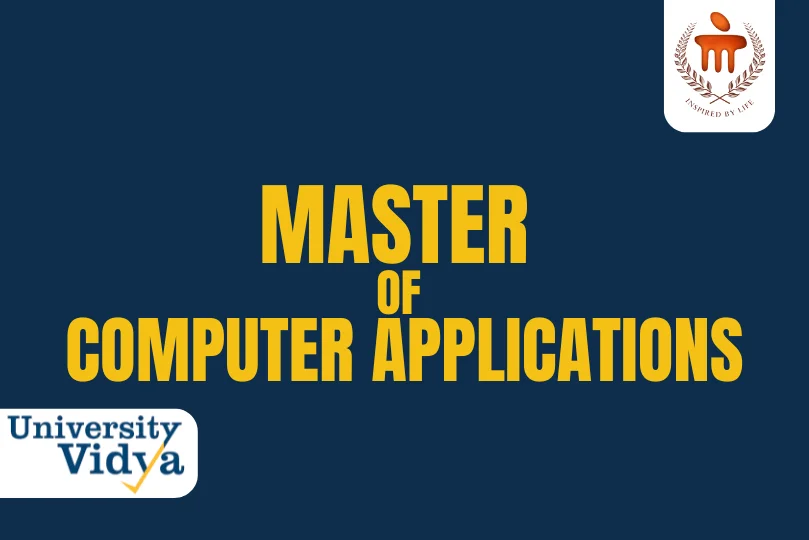












.webp)



































.webp)
.webp)









































































.webp)





















































